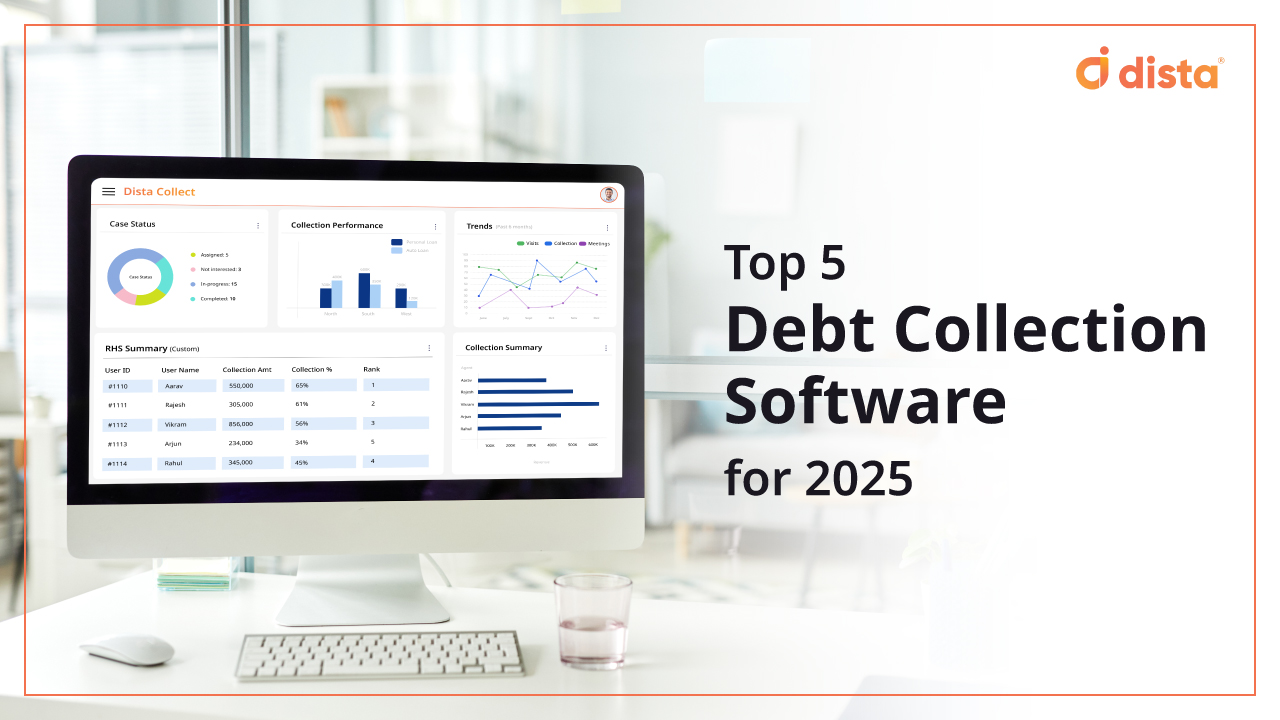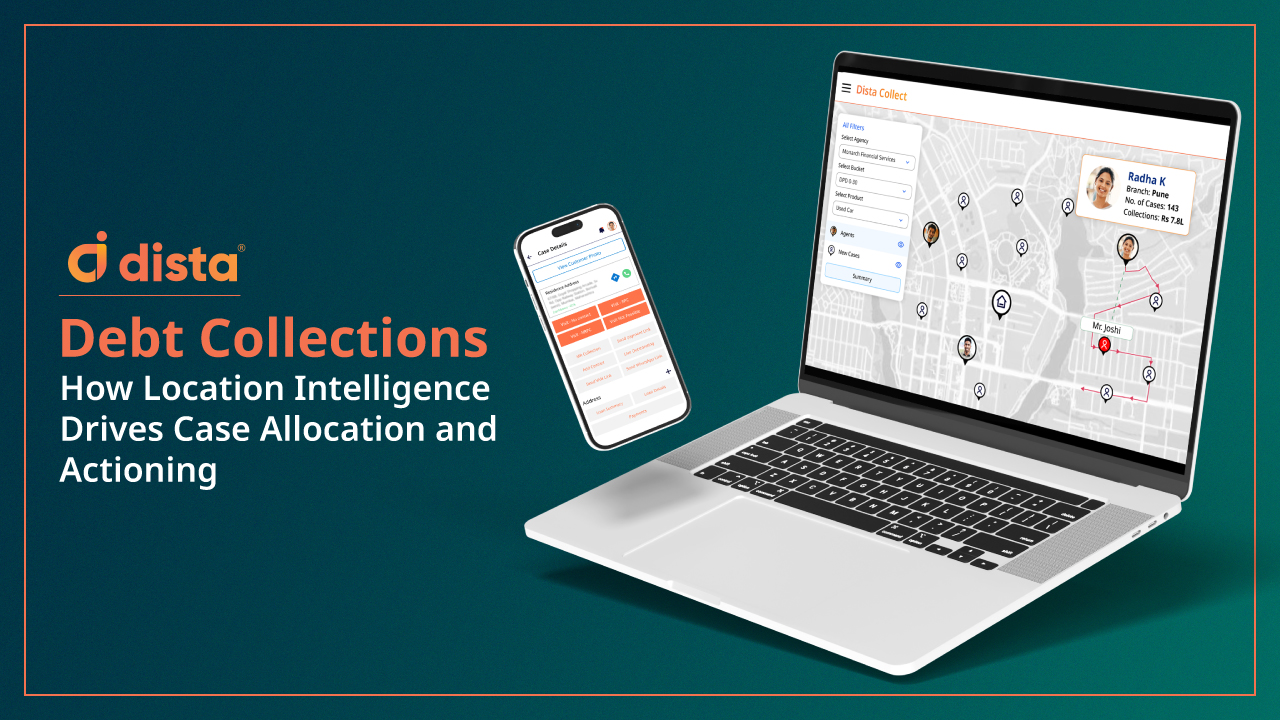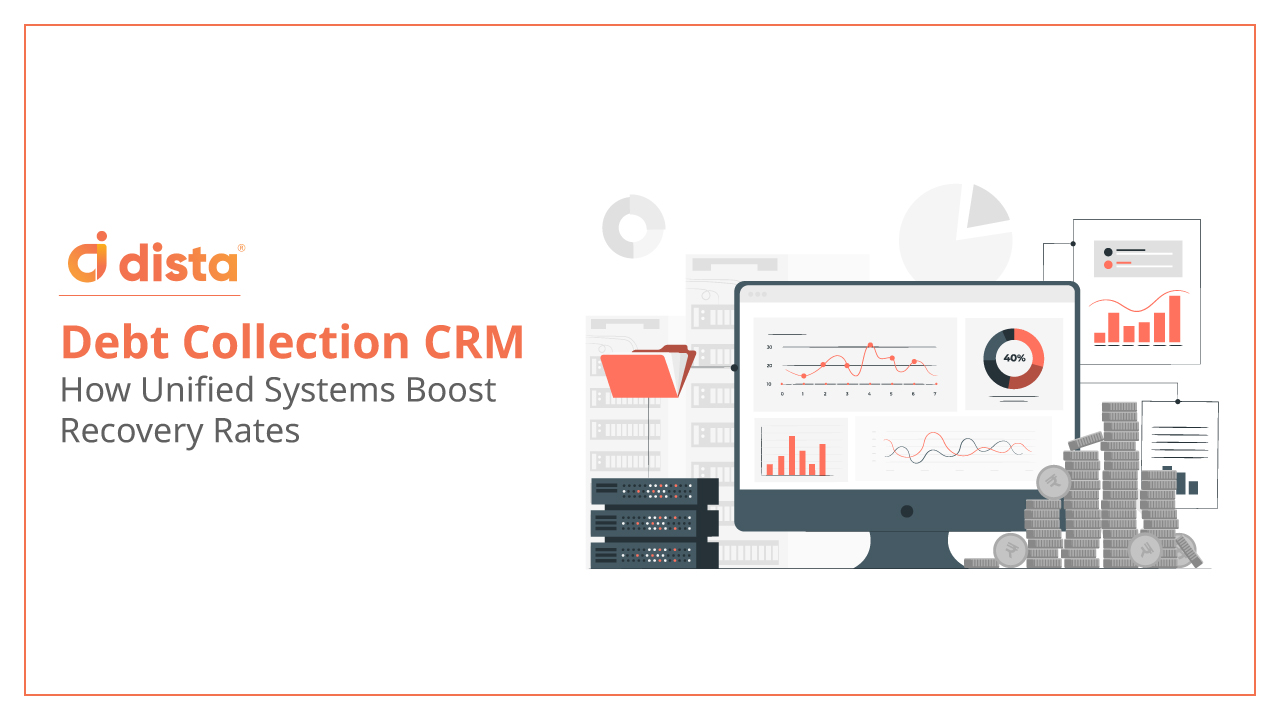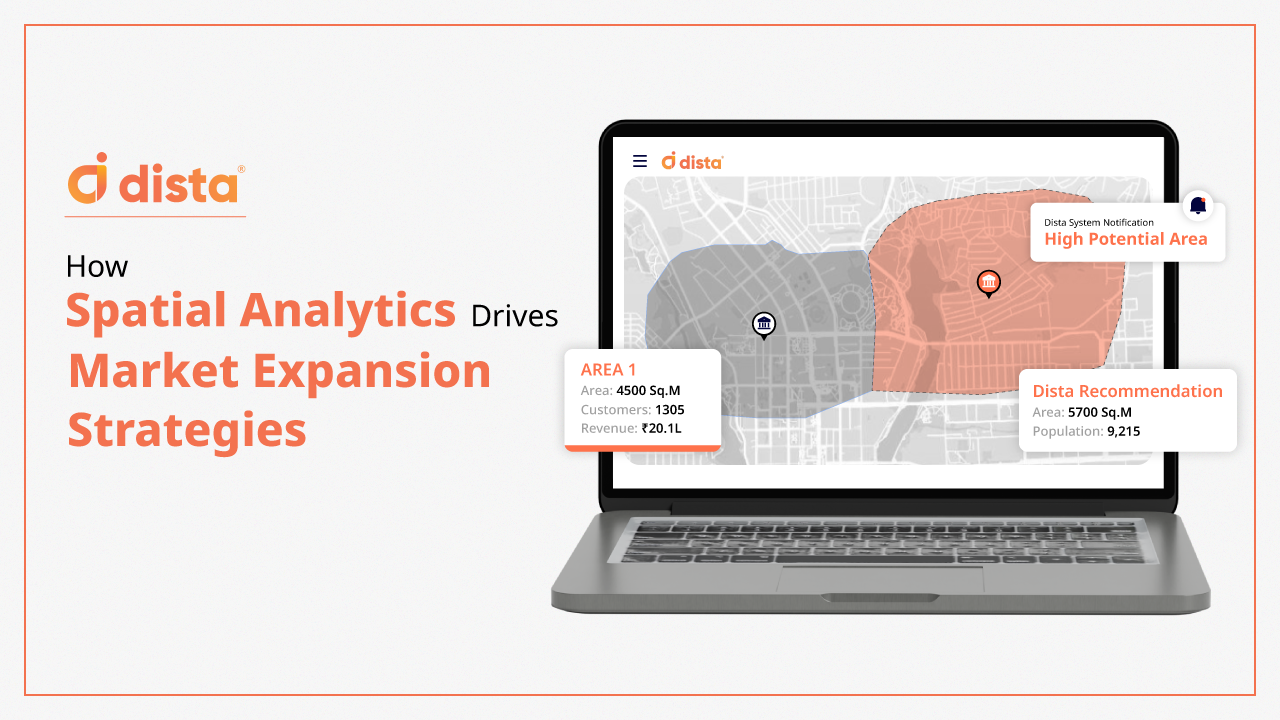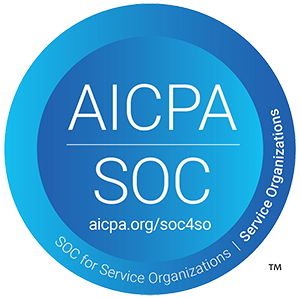Enterprises can benefit from tracking Key Performance Indicators (KPIs) influencing business outlook. These indicators assess the performance and success of an individual, a team, or an organization.
Field service operations rely on a seamless orchestration of on-site tasks. Tracking field service KPIs allows enterprises to enhance field service efficiency, improve customer satisfaction, optimize resource allocation, and manage operational costs. It’s essential to monitor KPIs like field technician productivity, service request tasks, and SLA compliance.
Service organizations should monitor critical KPIs to evaluate areas for improvement while providing field services.
Also Read: 9 Field Service Management Trends for 2024
Key Field Service KPIs to Elevate Field Service Excellence
1. Service Request Volume
Service request volume is an important KPI to monitor and manage to meet customer expectations and demands. Tracking helps managers identify priority service requests and assign these jobs to the most skilled field service teams.
To plan and allocate staff, time, tools, and budget, service managers should track the average service request volume. They can even improve overall team performance by tracking total service requests closed against benchmarks set for industry norms.
2. Overall CSAT Score
Customers develop brand loyalty only when they are satisfied with the services. So, field service organizations should actively monitor overall customer satisfaction (CSAT) scores. CSAT scores vary depending on the industry, but market surveys indicate a range of 75% and 85% is generally considered a good score.
Enterprises measure scores generated based on customer surveys and service feedback. Managers then evaluate the scores and compare the data against specific benchmarks set by the service industry to monitor areas for improvement.
Improving customer satisfaction gives enterprises a competitive edge in the ever-evolving landscape of field services.
3. First-Time Fix Rate
Resolving service calls on the first attempt improves your first-time fix rate (FTFR) score. A high FTFR implies that enterprises provide efficient and effective field services. Service managers must strive to maintain this consistency throughout the service lifecycle.
A field force management software can automatically track and monitor FTFR. It provides intelligent tools to prioritize jobs and assign them to the right service technicians. The software can plan and optimize routes, define job schedules, give updates on service technician inventory, etc., considering several business constraints.
4. Technician Productivity
Poor time management, unplanned services, and ineffective collaboration affect a field service technician’s overall productivity. Any downtime in the field will only drive up operational costs if service technicians are not fully engaged in completing service requests. This can impact the brand reputation and customer satisfaction.
A field service management software provides intelligent job allocation to distribute work equally. It considers technician skill set, customer proximity, availability, job capacity, and experience. AI-powered auto scheduling identifies the right technician for the right job to boost productivity and enhance operational efficiency.
5. Work Order Completion
A higher work order completion rate indicates the enterprise can sustain service efficiency. Managers can use field service management software to streamline workflows and boost the daily work order completion rate.
Monitoring and improving this KPI allows businesses to visualize field operations, identify areas for improvement, and tweak strategies for higher field service productivity.The software streamlines work order management, assigns jobs effectively, and improves workflow visibility.
6. Average Travel Time
Inefficient scheduling and poor route planning increase the service technicians’ average travel time between visits. The time taken to complete tasks is also affected, resulting in repeat visits to accomplish a single task.
Service managers can use software to outline each field rep’s daily task plan. It analyzes live location updates, traffic patterns, and route deviations to plan the fastest and safest route.
7. Operational Costs
Some organizations still use legacy systems to track and maintain service expenditure reports. Manual processes, errors, omissions, and redundancies in planning ultimately drive up the total cost of operations.
A field service management software automates scheduling, routing, and dispatch operations. So, service agents spend less time on the road, reach customers efficiently, and avoid unnecessary downtime en route. This brings down the fuel and operational costs. The software provides simplified invoice management to maintain a hassle-free invoicing cycle and reduce overall costs.
8. SLA Compliance
SLA establishes clear and measurable guidelines within a binding and enforceable contract. Let’s talk about a company that installs dish antennas. They generally promise a one or two-day SLA for all work orders from the time the request is recorded till completion.
Resolving these requests promptly indicates better SLA compliance. It reflects an organization’s commitment to meeting customer expectations.
Enterprises can use efficient field service management software to streamline field operations for service agents. Sales managers can leverage service territory planning tools to improve assignment of service requests and avoid region overlap. This way, service requests are promptly assigned to field technicians currently active in the mapped region.
Using the software can greatly improve SLA compliance. It results in better customer satisfaction making it a critical KPI service managers must diligently monitor.
9. End-to-End Service Tracking
It’s essential to monitor daily field service visits, average work orders per technician, percentage of problems resolved in the first visit, and time taken per visit. However, service managers using legacy systems may need more visibility or control over these factors.
A field service management software like Dista Service applies location intelligence to track the entire service lifecycle. The software provides real-time updates for all stages of field service engagement.
So, managers can easily set and measure individual service process KPIs to optimize service delivery. They can also track the overall team performance with power analytics and reporting tools to monitor KPIs set for different service lifecycle stages.
End-to-end service tracking enables enterprises to monitor, modify, and enhance the factors that affect profitability.
10. Capacity Management
Capacity planning involves analyzing historical service trends, data patterns, customer preferences, and available resources. Enterprises can use field service management software to assess the optimal workforce and distribute requests to handle larger service volumes.
The software calculates changes in demand to manage and allocate active field staff. It considers the capacity and availability of field teams to rebalance work orders and enable better service delivery. So, if a technician cannot pick up assigned tasks, it gets passed on to whoever is available in the planned territory.
Ultimately, the software picks up service requests that would get overlooked. Managers can also track the service lifecycle to update assigned tasks in real-time and meet priority customer service requests.
11. Service Resolution Efficiency
Empowering field technicians with a knowledge base will also improve their efficiency and service productivity. They can refer to service step-by-step guides, industry trends blogs, and instruction manuals that explain key service processes.
Managers can incorporate these training assets into their development modules. This helps technicians learn new skills and explore digital transformation tools.
Final Thoughts
Measuring field service KPIs to evaluate critical areas for improvement is more than just a necessity in today’s competitive service landscape. Enterprises willing to go the extra mile can adopt technology to track and monitor these KPIs to enable efficient and customer-centric operations.
Are you looking for field service management software to optimize your daily service operations? Dista Service can help improve field service visibility, enhance technician efficiency, and streamline operations.
Click here to book a free demo.


